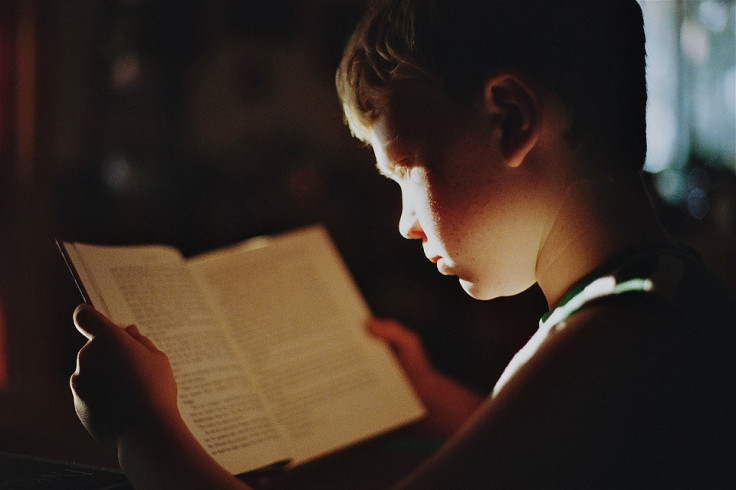Dyslexic kids show strong social and emotional intelligence
Those who have higher emotional reactivity also have stronger connectivity in the salience network of their brain.
Kids who have dyslexia may have some difficulty reading, but their social and emotional intelligence are amazing. This is what a new study has found, stating that dyslexic kids have interpersonal strengths.
A study titled, "Enhanced visceromotor emotional reactivity in dyslexia and its relation to salience network connectivity" published in the journal Cortex, revealed that children who have dyslexia show greater emotional reactivity as compared to those who don't. They have an increase in physiological responses as well.
The study noted that those who have higher emotional reactivity also have stronger connectivity in the salience network of their brain. This network is the system, which supports the generation of emotions and self-awareness.
Researchers from the University of California in San Francisco recruited 32 children who were between eight and 12 years old. These children exhibited the common "phonological" form of dyslexia. Aside from the dyslexic kids, there were 22 children who did not have dyslexia.
The researchers tested the participants who were dealing with dyslexia to confirm whether they encountered difficulty in reading. They were also tested to see and gauge how they comprehend emotional terms and measure how they perform on cognitive tests.
Aside from testing the kids, children and parents also responded to questionnaires with regards to the emotional and mental health of their children. The tests were conducted at the UCSF Dyslexia Center.
Sensors were attached to the children to monitor different vital signs. Their breathing, heart rate, skin conductance, and facial expressions were monitored while they were viewing short film clips that were designed to create negative and positive emotions. Some of the emotions that the clips were designed to draw from the participants include disgust and amusement.
Researchers found that those who have dyslexia showed higher emotional responses. They were also more reactive physiologically as they watch the clips. MRI scans also showed that children who were more expressive showed greater connectivity in the key brain structures that support emotions. Parents of kids with dyslexia who exhibited stronger facial expressions have also reported that they have strong social skills but also have greater anxiety and depression symptoms.
© Copyright IBTimes 2025. All rights reserved.




















